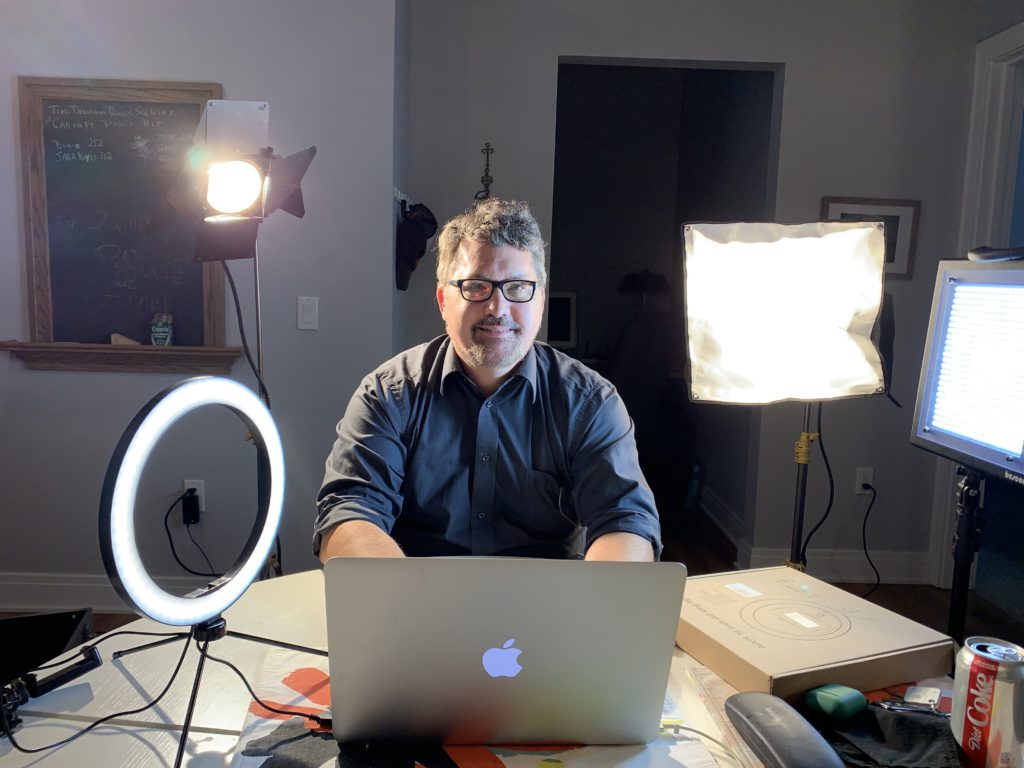For decades, laypeople have believed that new media somehow improve themselves incrementally. Marc Prensky asserted in 2001 that young people (whom he called ‘digital natives’) would be naturally good with computers, and eventually bring digital expertise to all professions. Over time, the story went, professors (along with all other professionals) would be proficient with multimedia technologies. But that’s not what I’ve found.
It was a convenient self-delusion. It meant that professors didn’t have to learn, or teach, multimedia production. We told ourselves that students had somehow already learned practical skills, so we could focus on (both write and teach) ‘larger, theoretical issues.’ We could ignore the fact that computer technologies were revolutionizing document production, electronic publishing, and multimedia development and distribution. Those were just details. Details students somehow knew by generational instinct, so we didn’t need to teach it.
But none of that turns out to be true.
Because in the past twenty years, my students have not become better with computers than they used to be. They actually know far less. Yes, they can use mobile devices, websites and apps, but my average student knows less about coding than they did in 2002.
And we would have known that, if we’d thought about the question at all.

This isn’t just my experience. Neil Selwyn in 2009 published ‘The Digital Native—Myth and Reality,’ argues that the popular conception of youth as naturally talented with digital devices is profoundly flawed. Based upon his research at the University of London, Selwyn found that celebratory rhetoric motivated well-intentioned but false-to-fact desires for youth empowerment: ‘The digital native discourse as articulated currently cannot be said to provide an especially accurate or objective account of young people and technology.’ (370)
If students came to rhetoric faculty arguing that they were excellent professional writers because they’ve been making social media posts their entire youth, we’d be skeptical. We would suggest that courses in formal writing would help to discipline, professionalize, and make more sophisticated the sort of composition students can make. That, in fact, is the motivation for so many university general writing requirements.
But our universities often don’t offer corresponding requirements—indeed, we seldom even offer gen-ed courses in multimodal composition that would teach students web writing/production, professional multimedia or photographic editing, or interaction design for online content.
Since their earliest founding, departments of English have focused on teaching students to produce culture. In the past, these have meant teaching students to write poetry, short fiction, novels, and creative nonfiction.
But if I’m right, and online and multimodal content are more and more central to contemporary culture, and students aren’t innately skilled at producing these, then we need to develop systematic and curricular plans to teach these to our students.


